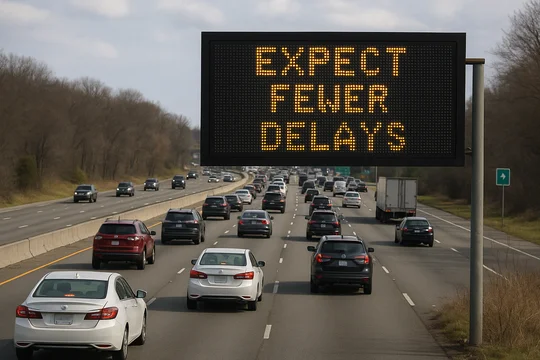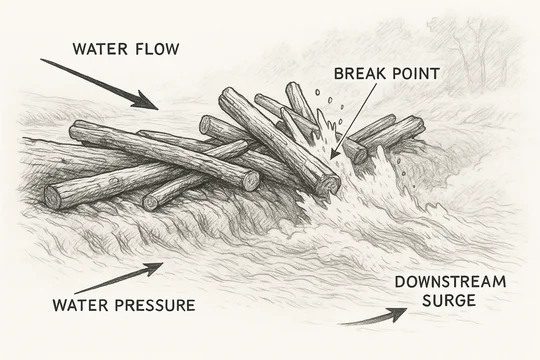Fun fact, I just spent about 20 minutes trying to get this post to go live, while the server gave me an obtuse error message. It was only after I got frustrated enough to actually restart my computer that I realized the problem was I had already used my stupid pun title in another post.
So I apologize for the inferior pun, it was all I had left to give.

Today's case is a rather unusual stay opinion in Sphere USA, LLC v. The Gillette Company LLC, C.A. No. 23-1093-CFC, D.I. 32 (D. Del. Nov. 6, 2025). We've mentioned in the past how IPR stays are becoming increasingly common, Ex parte reexam stays, however, have historically faced somewhat higher hurdles.
To begin, they tend to take longer. The most recent PTAB statistics place the average pendency of an EPR at over 25 months, while IPR's for the same period were more in the 13-14 month range. EPR's also don't have automatic estoppel, so there's comparatively less efficiency games.
Of course, a stay is still certainly a winnable motion. Indeed, the parties in Sphere USA, LLC v. The Gillette Company LLC, C.A. No. 23-1093-CFC, D.I. 32 (D. Del. Nov. 6, 2025) had already stayed the case for approximately 2 years while EPRs directed to the patents worked their way through the PTAB. Once that was all through, the plaintiff moved to lift the stay.
The defendant, however, immediately filed 2 new EPRs on those same patents and proposed to extend the stay until those EPRs were complete. Notably, the PTO had yet to even institute the EPRs
Judge Connolly denied the motion to lift the stay, citing the early stage of the case and the potential for wasted work if claims were amended:
Although the PTO has yet to grant the reexamination requests, it must make its determination within three months of the request's submission. 35 U.S.C. § 303(a). Sphere raises the specter of serial ex parte reexaminations interminably delaying litigation, but "[t]he substantial new question of patentability requirement prevents potential harassment of patentees by acting to bar reconsideration of any argument already decided by the PTO, whether during the original examination or an earlier reexamination."
Id. at 4.
If you enjoyed this post, consider subscribing to receive free e-mail updates about new posts.



